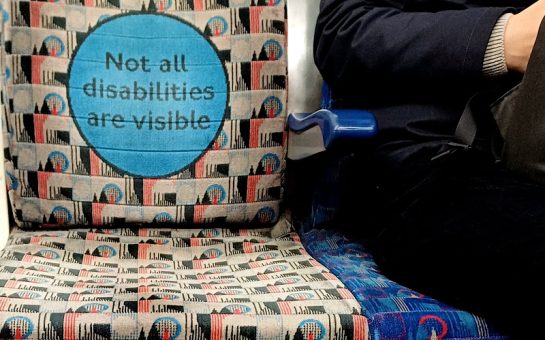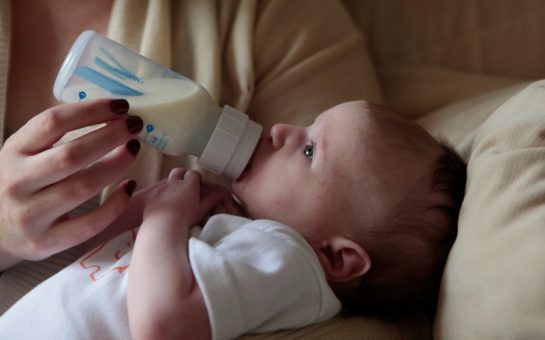The controversial Year 1 Phonics Screening Check is set to be rolled out at the end of the month by the Department for Education.

The controversial Year 1 Phonics Screening Check is set to be rolled out at the end of the month by the Department for Education, as the Government looks to improve the reading standard in primary schools across the UK.
Education Secretary Michael Gove announced in 2010 that it was the intention of the DfE to introduce a Phonics Screening Check at the end of Year 1.
The screening check is a list of 40 words and non-words, which a child will read one-to-one with a teacher. The DfE piloted the scheme in 300 schools in the summer of 2011 and the test will now be carried out nationally between 18 and 22 June.
Systematic synthetic phonics teaches children to recognise the sounds that each individual letter makes, identify the sounds that different combination of letters make and blend these sounds together to make a word.
The Government believes the introduction of a statutory check will enable teachers to identify pupils who have not met the expected standards of phonic decoding and give them the extra support they need to become fluent readers.
However, the test has not been without its critics.
Katy Waters, Deputy Headteacher at Dundonald Primary School, says that the test itself has been designed to ‘fail’ children at an early age.
She said: “Phonics is just one element of learning to read – children also need to understand what they are reading and to develop a love of reading.
“We have a systematic way of teaching phonics that has been in place for a number of years. We also ‘track’ children’s progress and assess on a regular basis.
“From our point of view, the phonics screening test will tell us nothing that we don’t already know.”
In a survey carried out by the National Union of Teachers, 85% of teachers said they were concerned about the impact on five- and six-year-old children of having to repeatedly retake the test if they failed it.
Christine Blower, General Secretary of the NUT, said at a recent annual conference that the test would actually harm standards in the long term.
She said: “The NUT’s own survey into phonics showed that over 80% of teachers do not agree with statutory testing of phonics in Year 1.
“It is vital that the methods we employ when we introduce young children of five and six years old to reading should bring understanding, reward and pleasure to them.”
However, the Government insists that reading standards must be improved to prevent children with poor reading skills slipping through the net, with around one in six children currently leaving primary school unable to read to the expected level.
Richard Hilton, former Conservative Education Spokesman for Merton Council, says anything that helps raise reading standards can only be a good thing.
He said: “The debate around phonics itself is pretty black and white. The research has shown repeatedly that it is the most effective way of teaching children to read.
“The issue with testing is around how it’s done rather than the age it is done at, but I do think it is important that you continually assess how children are progressing.
“There is a real literacy problem in the country. It is important that we get to grips with it and sometimes we have to start that assessment earlier.”
Yet, despite the Government championing the check for the last two years, teachers and organisations such as the United Kingdom Literacy Association (UKLA) continue to raise doubts.
This summer’s results will be used immediately for RaiseOnline, to inform Ofsted inspections and for local authority monitoring, but the NUT are concerned that the checks will eventually be used in achievement and attainment tables.
NUT delegates recently agreed to boycott the check should it be used in any kind of league table.
Razeeb Ahasan, Press Officer for the Department of Education, says the results of the phonics check will not go into performance tables.
He added: “We’re not making any excuses for wanting to address the country falling in literacy levels or the country slipping down the tables internationally.”
Follow us on @SW_Londoner




